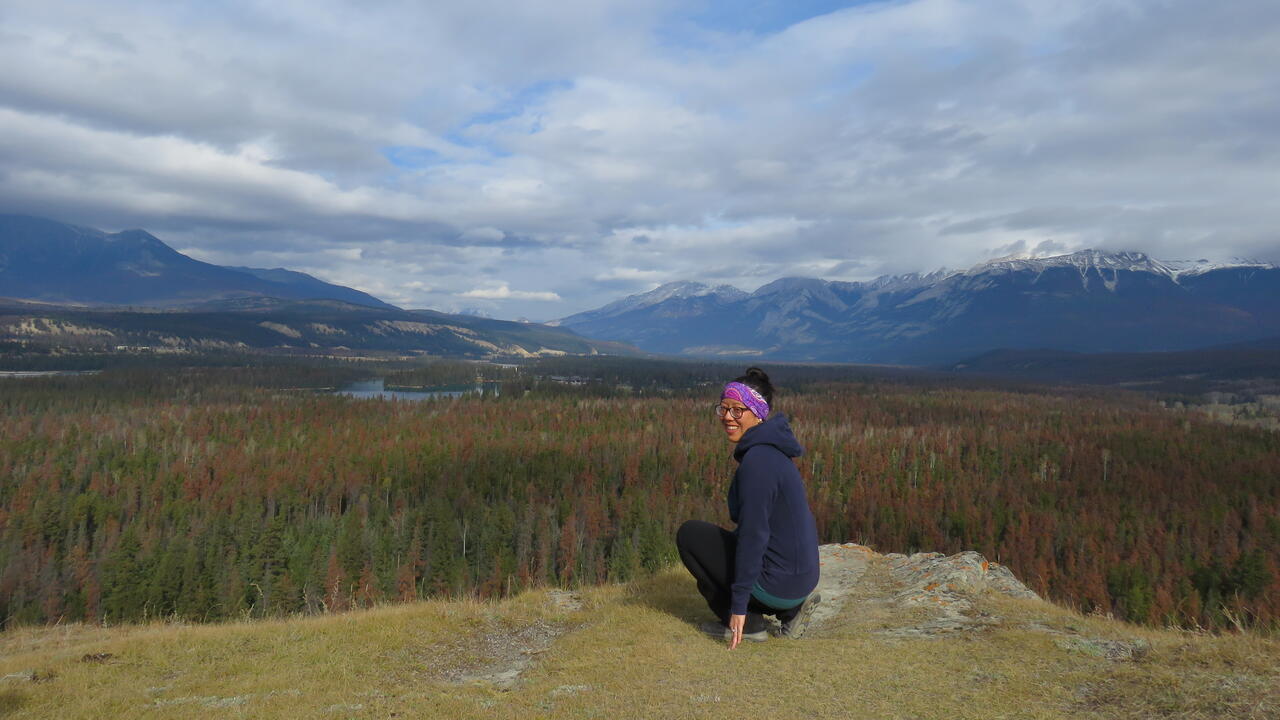
From gym and geography to garbage girl!
When Olivia Kwok (BES '11) graduated from Waterloo, she didn't go after her dream job. Here's what she did instead — and why she finds it so fulfilling.

When Olivia Kwok (BES '11) graduated from Waterloo, she didn't go after her dream job. Here's what she did instead — and why she finds it so fulfilling.
By Olivia Kwok (BES '11) AlumnusIn 2011, I was getting ready to graduate from the University of Waterloo in Geography and Environmental Management. My dream job was to be a high school gym and geography teacher. My days would be spent playing dodgeball, looking at maps, and wearing sweatpants! Why not? I spent many years preparing my application for teacher’s college by running school age camps and volunteering as a field hockey coach. But when the time came to apply, I got advice from teachers saying there were too many teachers, and not enough jobs. I decided to hit pause on applying to teacher’s college and see what else was out in world.
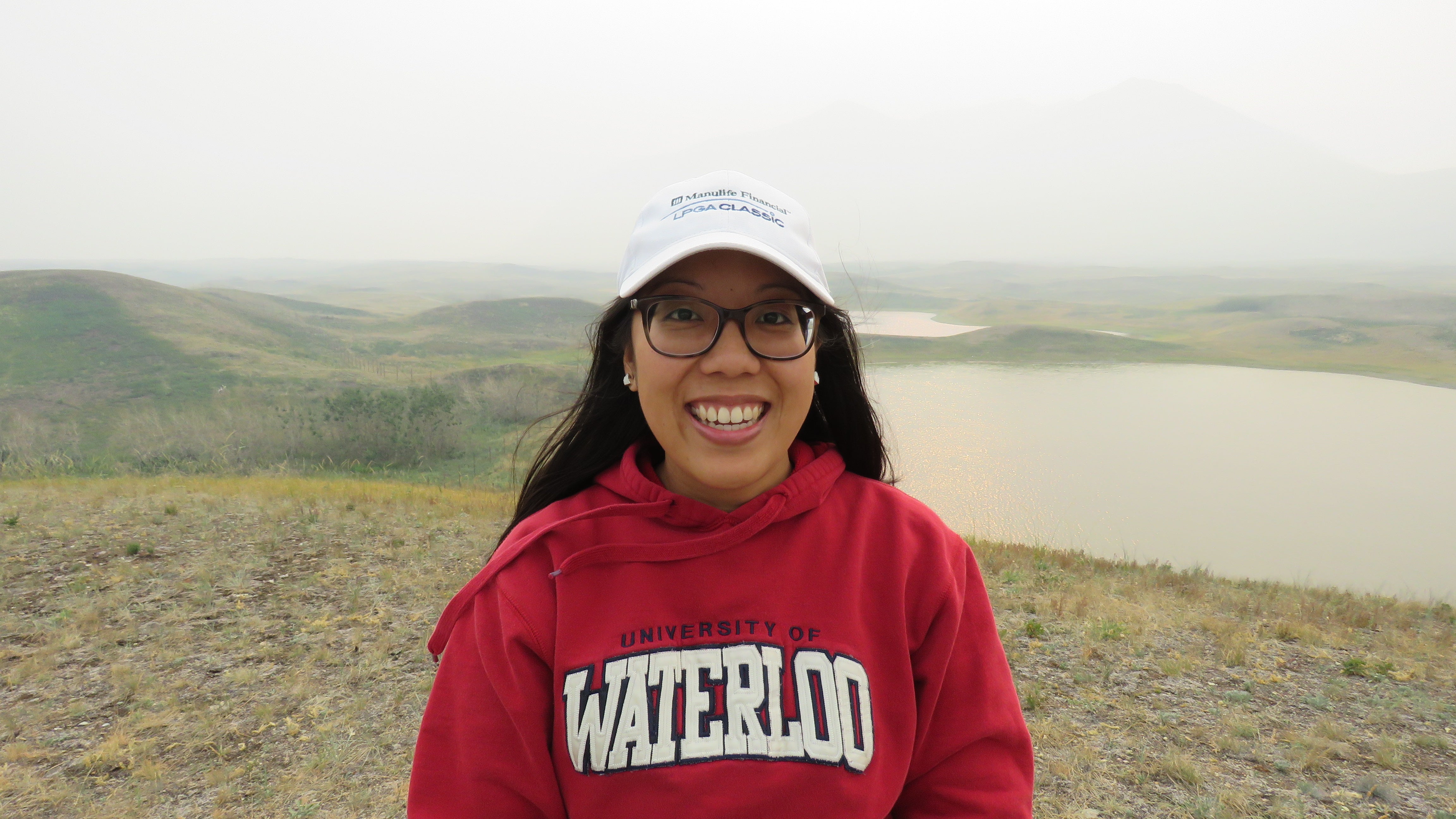
I landed my first “grown up” job at the City of Guelph before graduation. My role was to conduct research, give tours of the waste management facilities, and encourage participation in the City’s new waste cart collection program. Who would have thought this was the start of my career in waste management! I spent a few years working for my hometown but decided to break out of the bubble and move west.
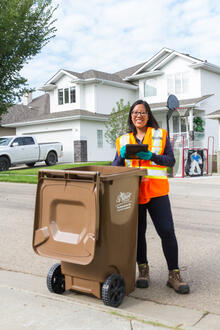 I learned that no matter where you lived, waste exists and there was always a need to educate the community on the programs. I now oversee the waste and diversion programs for the City of St. Albert in Alberta. My work days are never the same. I may start my morning conducting waste audits on a neighbourhood street, then head off to a meeting about budgets, and finish my day presenting a report to City Council.
I learned that no matter where you lived, waste exists and there was always a need to educate the community on the programs. I now oversee the waste and diversion programs for the City of St. Albert in Alberta. My work days are never the same. I may start my morning conducting waste audits on a neighbourhood street, then head off to a meeting about budgets, and finish my day presenting a report to City Council.
Over the last year, waste and recycling issues have been dominating the news and social media feeds. People are now wondering what they can do to minimize the amount of waste going to landfills, why global recycling markets are not taking our materials anymore, and what happens to the clothes we “donate.” I’m so happy that trash talk is becoming normal talk!
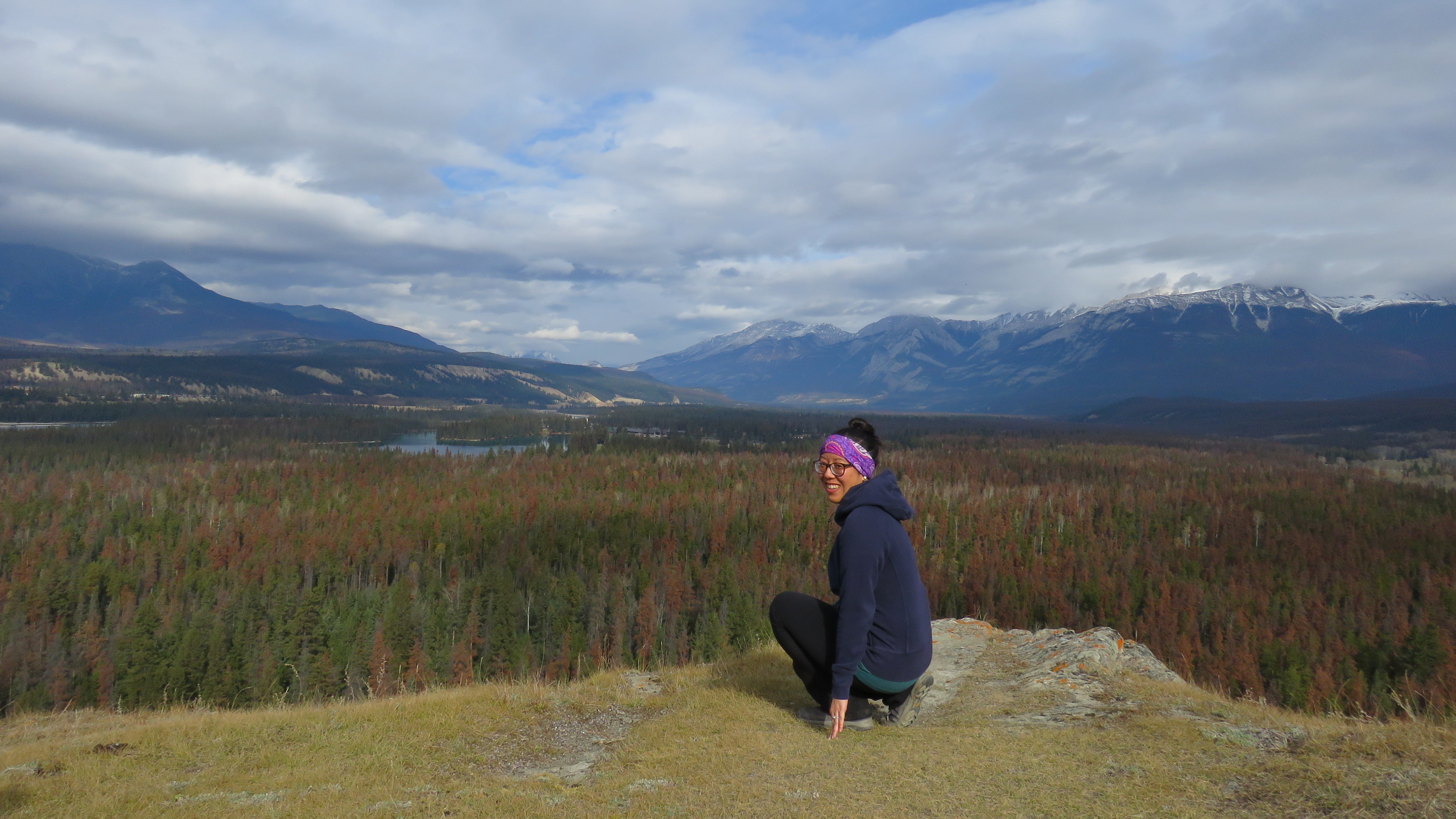
I’m glad that I didn’t end up going into teaching, because I’ve realized I am a teacher in the waste world! My classroom and students change every day, but I’m able to share my passion about waste with a different audience each day. I’m also lucky to be able to experience another side of Canada on my days off. I’ve spent many days exploring different parks, trails, mountains and golf courses in British Columbia and Alberta. I’d say this is much better than a school gymnasium!
Olivia Kwok is the Supervisor of Waste & Diversion Programs at the City of St. Albert. Outside of work, she serves as a member of the Solid Waste Association of North America (SWANA) Northern Lights Chapter, the Recycling Council of Alberta, and the Edmonton Region Waste Advisory Committee.
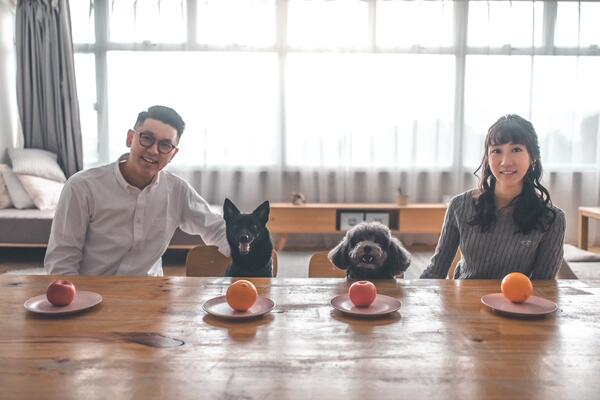
Read more
A Waterloo couple reflects on the campus that shaped their careers, their values, and their love story

Read more
Redefining capstone learning by bringing students, faculty and community partners together to tackle real-world challenges

Read more
An ambitious research collaboration with Habitat for Humanity is reimagining home ownership across Waterloo Region and Canada
The University of Waterloo acknowledges that much of our work takes place on the traditional territory of the Neutral, Anishinaabeg, and Haudenosaunee peoples. Our main campus is situated on the Haldimand Tract, the land granted to the Six Nations that includes six miles on each side of the Grand River. Our active work toward reconciliation takes place across our campuses through research, learning, teaching, and community building, and is co-ordinated within the Office of Indigenous Relations.